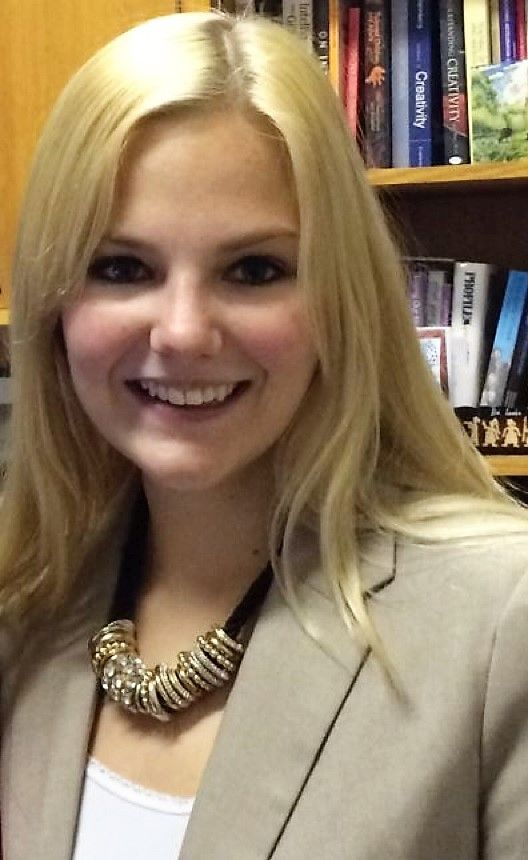
Svenja Matheis is PhD student in psychology at the Graduate School Teaching & Learning Processes at Koblenz-Landau University, Germany. Projects at the graduate school intend to analyse the quality of pedagogical interaction in teaching and learning as a function of teachers’ or students’ personal characteristics.
The presented study identified how the label of ‘giftedness’ influenced teacher ratings of student characteristics. The ‘disharmony hypothesis’ reflects an ambivalent perception that considers gifted students as intellectually strong, but socio-emotionally inferior. Such misconceptions might lead teachers to focus on their students’ perceived socio-emotional weaknesses instead of supporting their strengths. Moreover, teachers’ conceptions of giftedness influence which students they identify as gifted. Despite the practical relevance of the topic, the psychological processes underlying these misconceptions are still unknown. Therefore, Svenja and her colleagues aimed to account for teachers’ assumptions, suggesting an influence of inter-individual differences in teacher personality traits, such as justice-related concepts (e.g., belief in a just world).
Using short student descriptions (so-called ‘vignettes’), teachers rate fictitious students who varied in ability level (gifted/average) and sex (male/female). After reading the vignettes, subjects complete a questionnaire about their attitudes towards the gifted on the dimensions of students’ intellectual ability, social ability and maladjustment. Additionally, teacher indicate their perceived enthusiasm and self-efficacy for teaching students and complete a questionnaire about their belief in a just world.
You can view the winning poster <link file:2048 _blank>here.